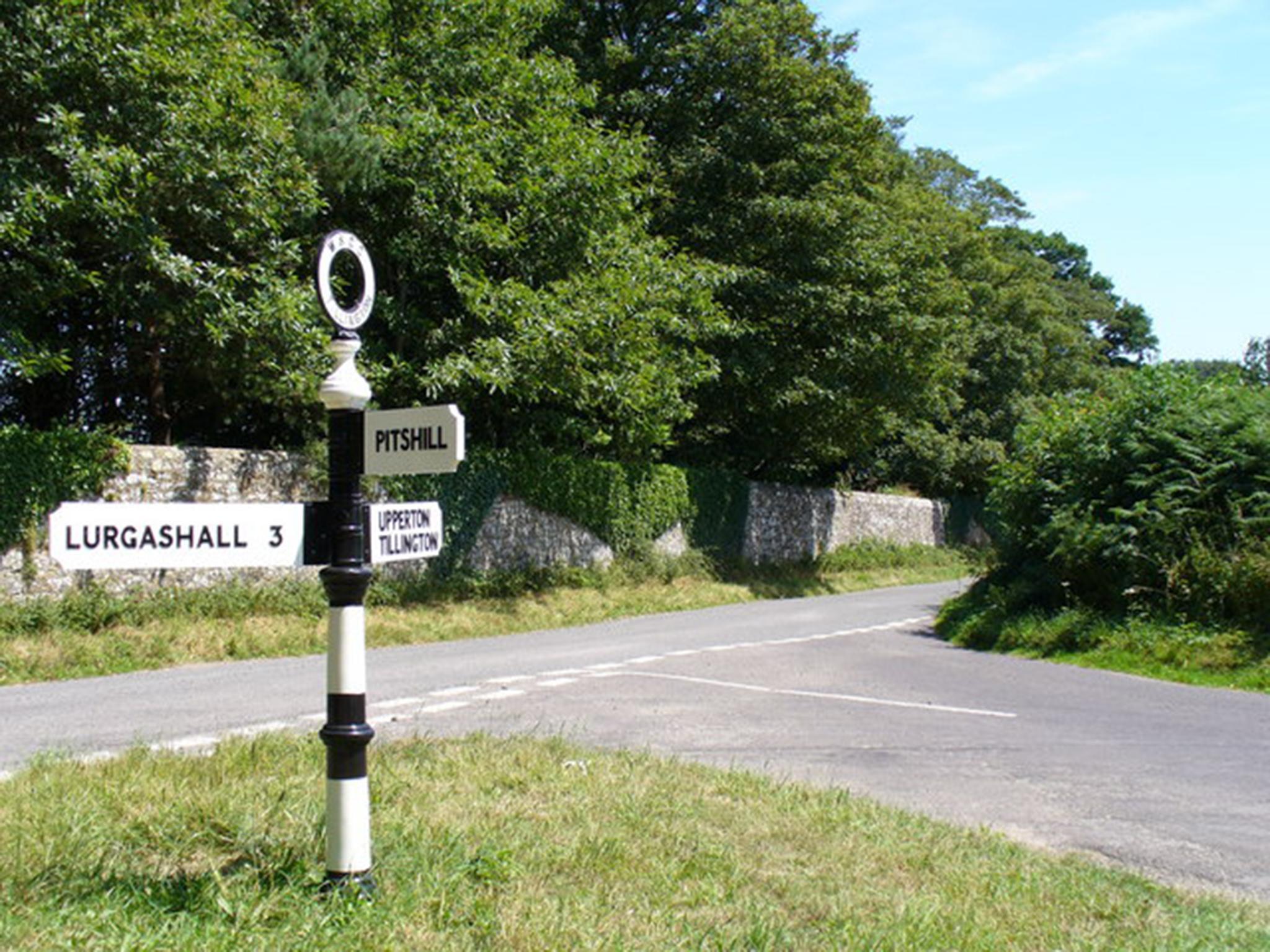Mini roundabouts could replace T-junctions to improve safety for older drivers
Drivers over 75 are twice as likely to die at a T-junction compared to younger drivers

T-junctions could be replaced by mini roundabouts in order to improve safety for older drivers.
As the population of elderly people rapidly increases, the Older Drivers Task Force has stressed the need to accommodate the needs of older people who driver on Britain's roads.
“Our road transport system has been designed for use by fit, middle-aged motorists… Looked at through an older driver’s prism, the current road system doesn’t do them much favours,” John Plowman, chair of the Older Drivers Task Force said.
“But with careful planning and design, it could be so much better, not only for the older motorist but for all motorists.”
The population of over-70s in the UK has increased from 6.6m to 7.6 million between 2000 and 2014.
Of those over 70, half of women and four out of five men have a driving licence.
Older drivers are four times more likely to die in road accidents, as their old-age makes it harder to recover from injury.
To lessen the risk of drivers, especially those over 75, being involved in road accidents, the Task Force has recommended looking at the prospect of replacing T-junctions with roundabouts.
The majority of crashes at road intersections occur at T junctions. T junction accidents account for 15 per cent of all crashes involving those under 65, but rises to 30 per cent for those over 75.
Roundabouts account for fewer road accidents overall, and the risk of being involved in an accident a roundabout does not increase with age.
“Given that the percentage of serious accidents at T-junctions increases significantly with age after 65, and that this does not happen at roundabouts, it would be worth studying the value of installing mini-roundabouts at busy T-junctions,” the report said.
Road Minister Andrew Jones MP said: "We are committed to improving road safety, including exploring issues faced by older drivers.
"Britain's roads are among the safest in the world and we must strike the right balance between safety and personal mobility and we will carefully consider the recommendations.
"Age on its own is not a barrier to safe driving. We keep the current rules under review which make clear all drivers must report any medical conditions which might affecy their driving,"
Though there is a misconception that older drivers are dangerous on roads, the Task Force say the risk of a driver over 70 killing a pedestrian is actually less than that of a middle-aged driver, and is half that of a drivers under the age of 25.
Join our commenting forum
Join thought-provoking conversations, follow other Independent readers and see their replies
Comments